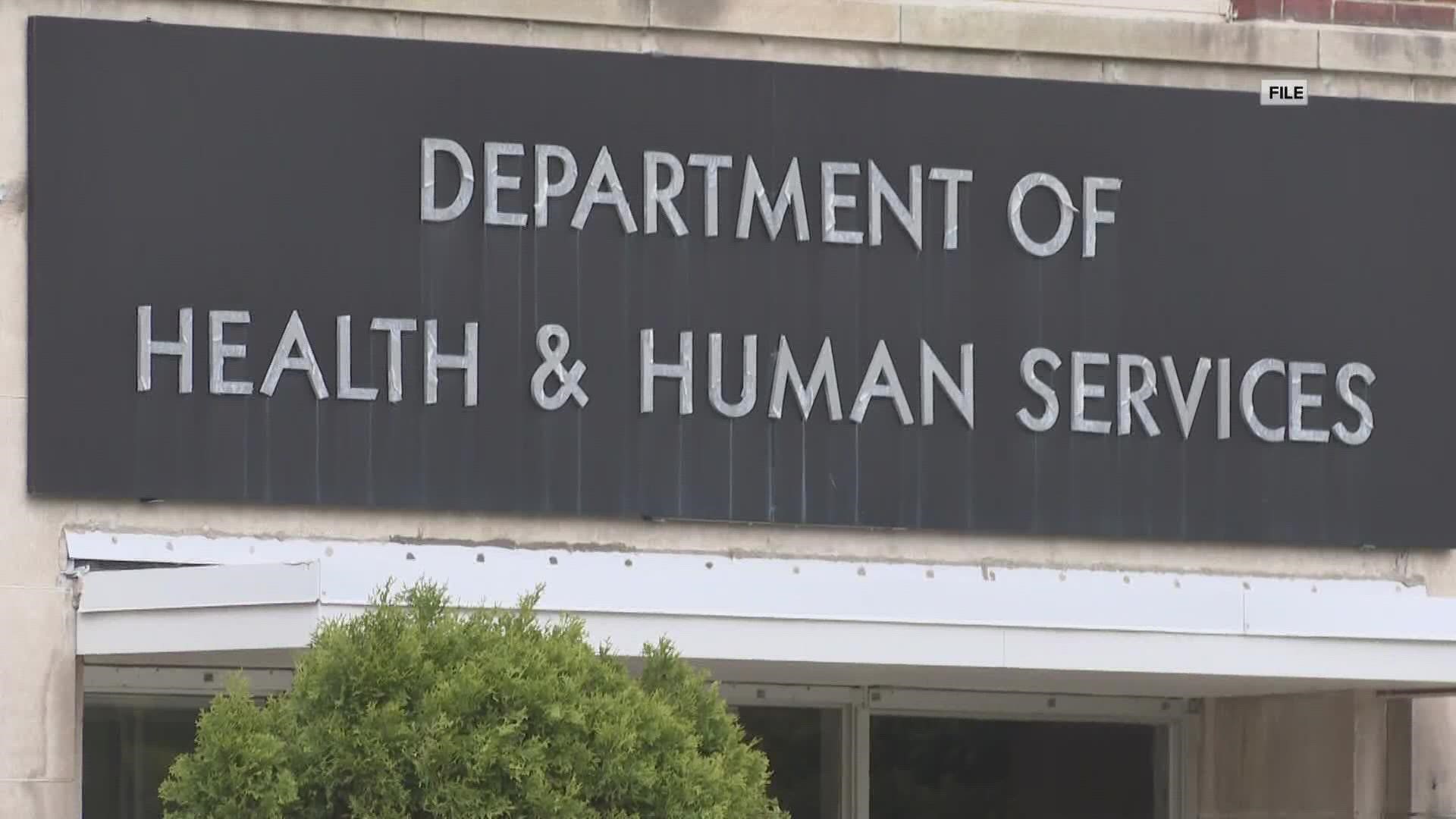AUGUSTA, Maine — After a comprehensive review of Maine's child welfare system by Casey Family Programs, the state's Department of Health and Human Services announced Tuesday immediate action items to remedy the shortfalls and address the report's recommendations.
The report comes after five children died in the month of June in 2021.
Critics of the report say it is simply another review that spotlights issues with no real action plan to fix the problems.
Thursday, DHHS Commissioner Jeanne Lambrew sat down one-on-one with NEWS CENTER Maine to face those criticisms and explain what she sees to be the benefits of the report.
Two of the major issues: burnout and turnover are causing a snowball effect that stretches caseworkers thin with overwhelming workloads, which the report said caused children in state care to fall through the cracks.
Lambrew said that since a review of the OCFS in 2019, the department added 60 caseworkers, which brought turnover down from 23% in 2018 to 16% last year.
Watch the full interview with Commissioner Lambrew below:
Below is a portion of the conversation with Commissioner Lambrew.
Chris Costa (NEWS CENTER Maine): This report is not talking about 2021. Are you concerned about the future of the child welfare system, take a sharp turn and look in a positive direction?
Jeanne Lambrew (DHHS Commissioner): We've had to intensify our work in child welfare, in behavioral health, across all of our systems during the pandemic. I mean, the inability to do as much in-person work during the pandemic has taken its toll.
The inability for us to be able to recruit as much as we would like has been affected by the pandemic. So it's not just child welfare. It's all of our systems that we have to do some extra intense work on.
We have a path forward to try to figure out how we can really intensify the work given the increase in the amount of challenges.
We have heard some criticism that it doesn't take on the issue of accountability enough. It doesn't really make changes, and there's some who say 'it's just another report, there's gonna be some window dressing changes, things will just be the same.'
What is different about this report is the way they approached it. That's what we're trying to do here is certainly focus on accountability. We do that all the time. We look forward to the report from the legislative committee that's going to be looking at oversight and accountability. We're never really going to vet the problem in the first place. We're looking at the systems within child welfare, within behavioral health, in our schools, in our public safety, all of which are accountable and responsible for keeping kids safe.
COSTA: One of the people listed on the front page is Dan Despard (former child welfare director for Maine DHHS). He has intimate knowledge of DHHS, specifically child welfare. I reached out to Casey Family Programs about this because I wanted to know, 'is it common to have somebody who's doing an independent review have such close ties to the agency that they are looking at?' There are some people that are concerned it's a conflict of interest. Do you see it that way?
LAMBREW: The group that did the hard work was Collaborative Safety, which is a contractor to the Casey Family Programs, in their own review, they included the child welfare ombudsman, they included the staff from OPEGA (Office of Program Evaluation and Government Accountability), they included a lot of the people who have independent views of the challenges in the system to make sure that their information was inputted, but I would note that this particular report had insight into some of the documents that we can't necessarily release by statute to the legislature or different public groups, so it does have that kind of input which think is important, as well as the kind of on-the-ground discussions with the people involved. So we think that the methodology was good, the input was good. And some of the recommendations are critical. I don't want to sugarcoat this. There's hard work to be done to implement these recommendations and we started that work this week, but there is much more to come, including some changes that may require legislation so we can be more aggressive in our work in child welfare.

